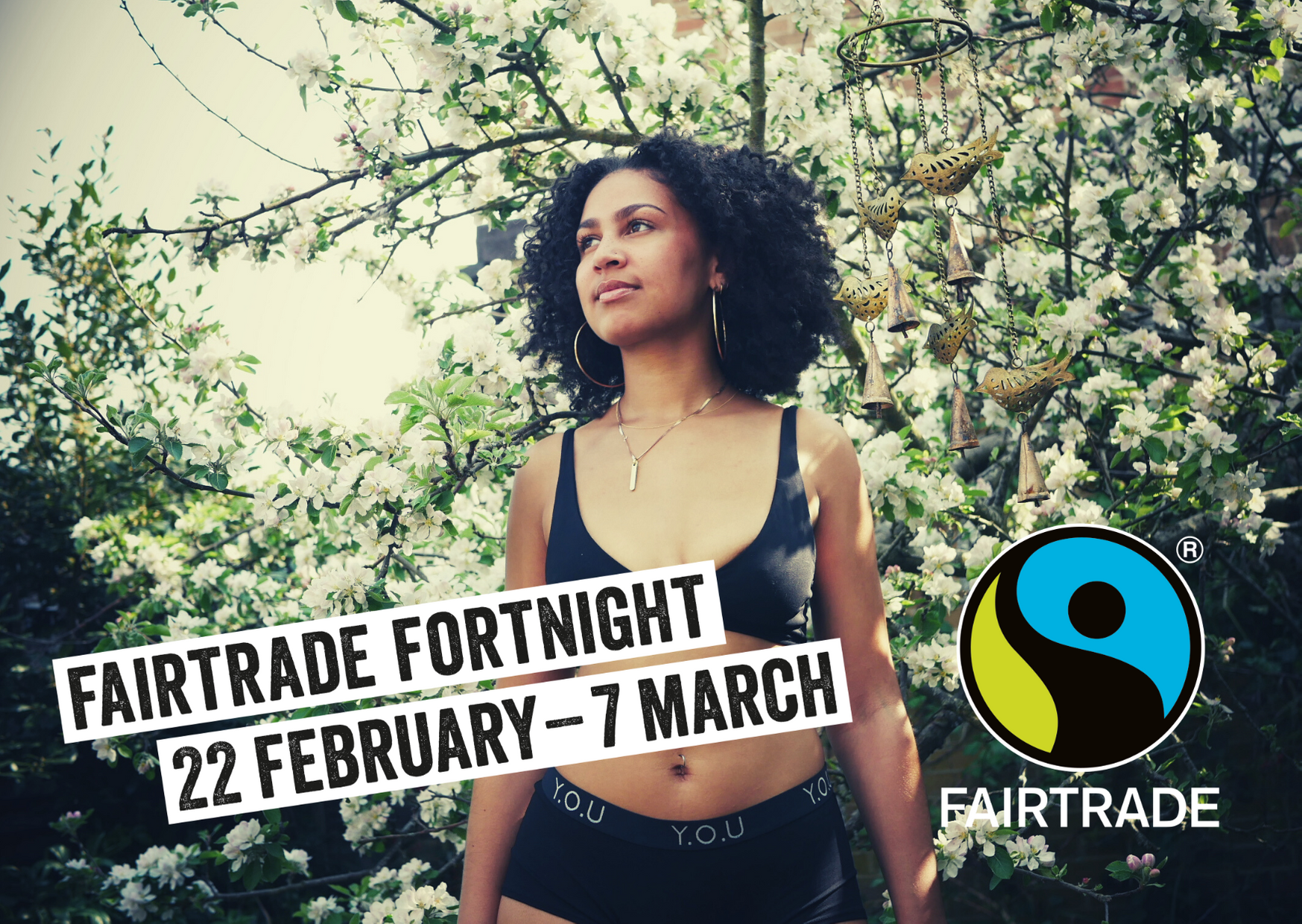
What’s the Importance of Fairtrade?

We're celebrating Fairtrade Fortnight (22nd February – 2nd March 2021), two weeks that are all about sharing the stories of the people who produce the ingredients for some of our favourite products – and who are often exploited and underpaid.
Fairtrade is on a mission to support and empower smallholder farmers. Read on to discover how their model works, and the impact they’ve had to date!
The power of Fairtrade goods

Fairtrade leverages consumer power to support those at the bottom of the supply chain, people who are frequently under pressure to continually lower the cost of their goods – even to the point at which it’s no longer profitable for them to operate.
Smallholders who operate under the Fairtrade logo ensure their processes meet certain standards (such as the protection of workers’ rights), and they sell their produce to certified companies at sustainable prices.
Companies that hold the Fairtrade logo also pay a fee that gets invested back into the suppliers. Farmers, producers and workers are free to spend the Fairtrade Premium as they wish, on projects such as tree planting, crop diversification and clean energy. They themselves know best what is needed to become more resilient, especially in the fight against climate change.
What can be Fairtrade?


It's not just coffee, tea and chocolate! There's a broad range of products that can be Fairtrade, everything from bananas to gold, cotton to flowers!
Fairtrade in a changing world
This year, the Fairtrade Foundation are highlighting the link between social justice, fair prices and tackling climate change.
“The prices that businesses pay for the crops behind some of our favourite foods need to increase significantly if farmers are to escape poverty and still have the means to adapt to and mitigate economic and environmental shocks” – Fairtrade Foundation, 2021
According to the Foundation, by 2050 as much as 50 percent of the global surface area currently used for coffee farming may no longer be suitable and many cocoa growing regions in Ghana and Côte d’Ivoire – who produce over half of the world’s cocoa – will become too hot to grow the crop. It’s never been more important to diversify and create an environment in which these suppliers can adapt to the changing climate – such as switching to low-carbon production and transport.
Fairtrade’s impact
In the UK, approximately £1.3bn is spent on Fairtrade-marked goods, every year (The Independent), in what is the world’s largest Fairtrade market. More than 4,500 products on our shelves carry the Fairtrade certification.
The impact of these sales – and the premium that companies pay – goes a long way. £166.2 million in Fairtrade Premium was paid to producers in 2018, with each producer organisation receiving an average of £104,000 in Fairtrade Premium.
What does Fairtrade mean for Y.O.U Underwear?
Y.O.U Underwear is committed to being an impactful business, which is why we hold the Fairtrade logo alongside other initiatives (including our flagship buy-one-give-two model and using 100% GOTS-Certified organic cotton).
If you want to find out more about how Fairtrade works, check out our blog post which explores the meaning of our Fairtrade certification in more detail, or check out the Fairtrade Foundation’s website for some great resources and facts on everything Fairtrade!
Get involved!
Keen to find out more about how you can make a difference? Here are some ways you can get involved with the work of the Fairtrade Foundation.-
Buy Fairtrade products – look out for Fairtrade alternatives, or check out this list of 7 exciting new Fairtrade products to try.
-
Get involved with the Fairtrade movement. Check out their online festivals over Fairtrade Fortnight and sign up to their newsletter to get all the latest news and information.
Do you have any favourite Fairtrade products? Leave a comment below or get in touch - we'd love to hear from you!

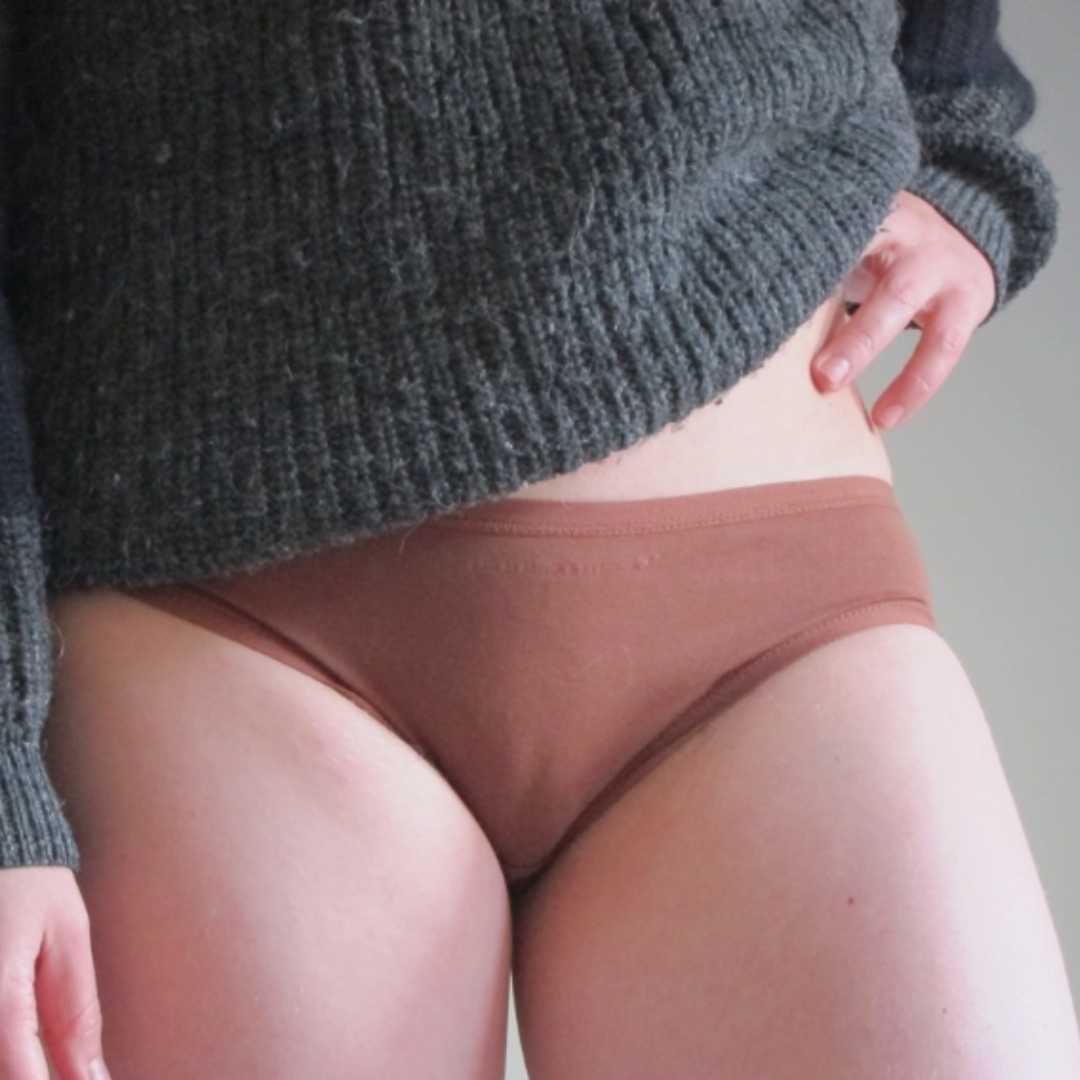


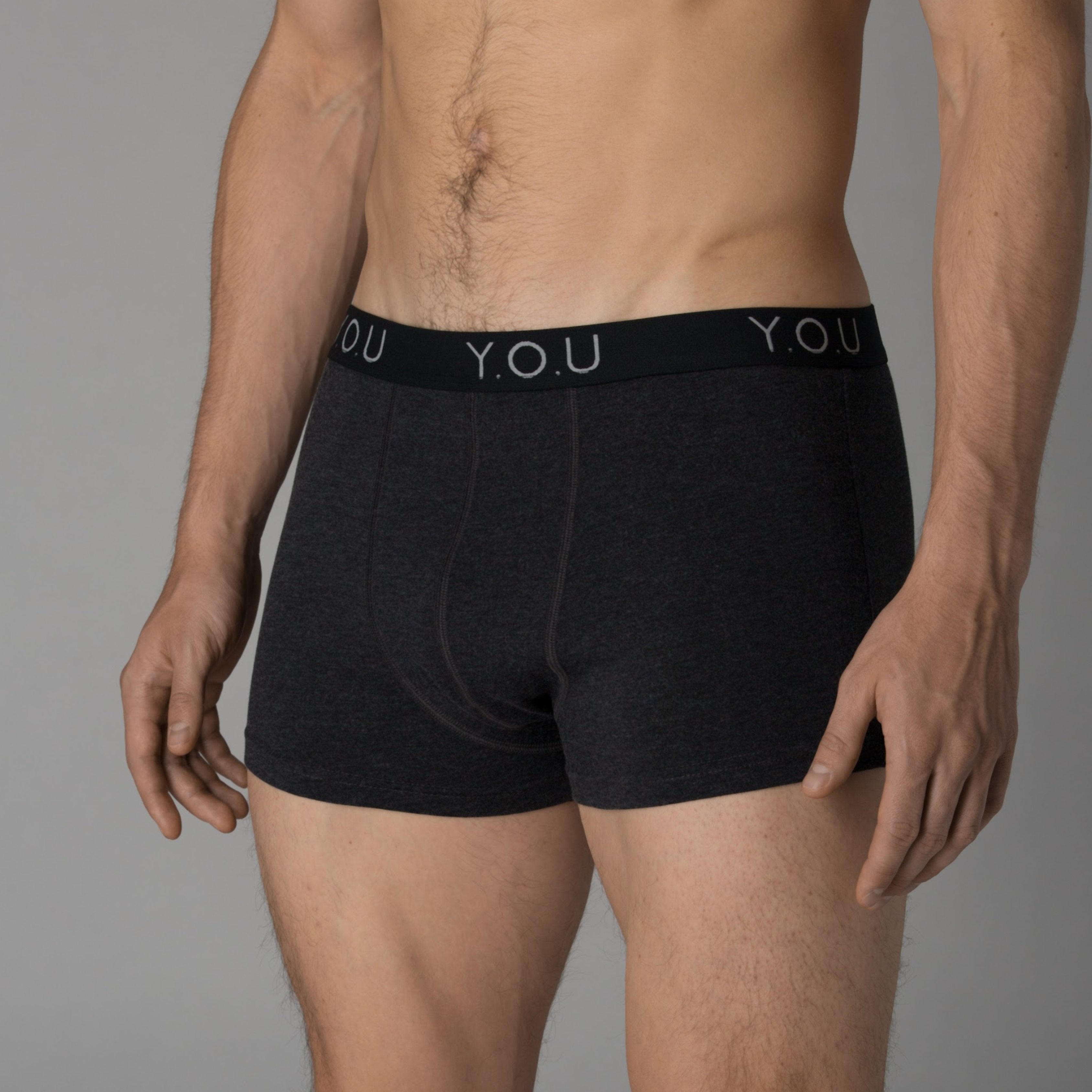
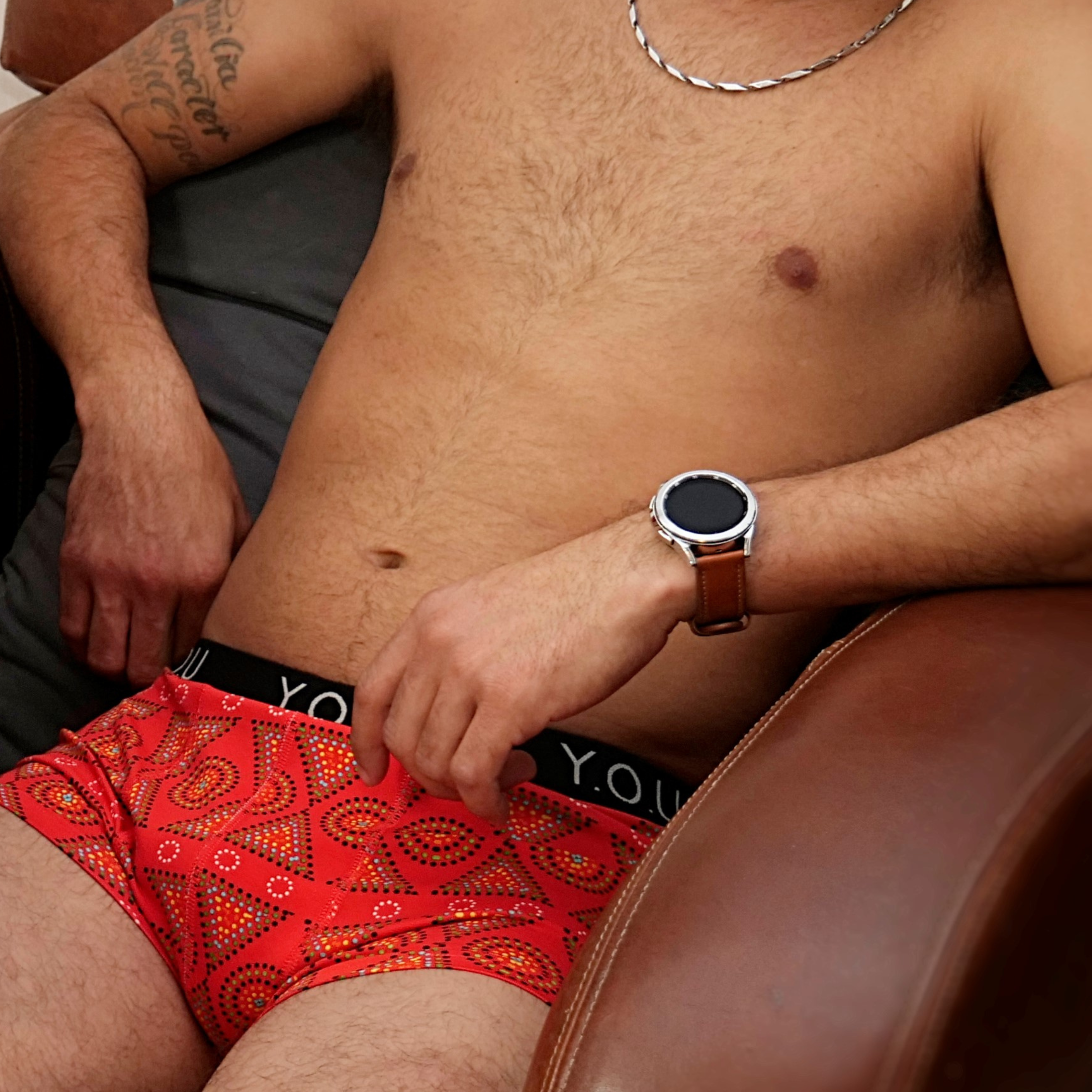

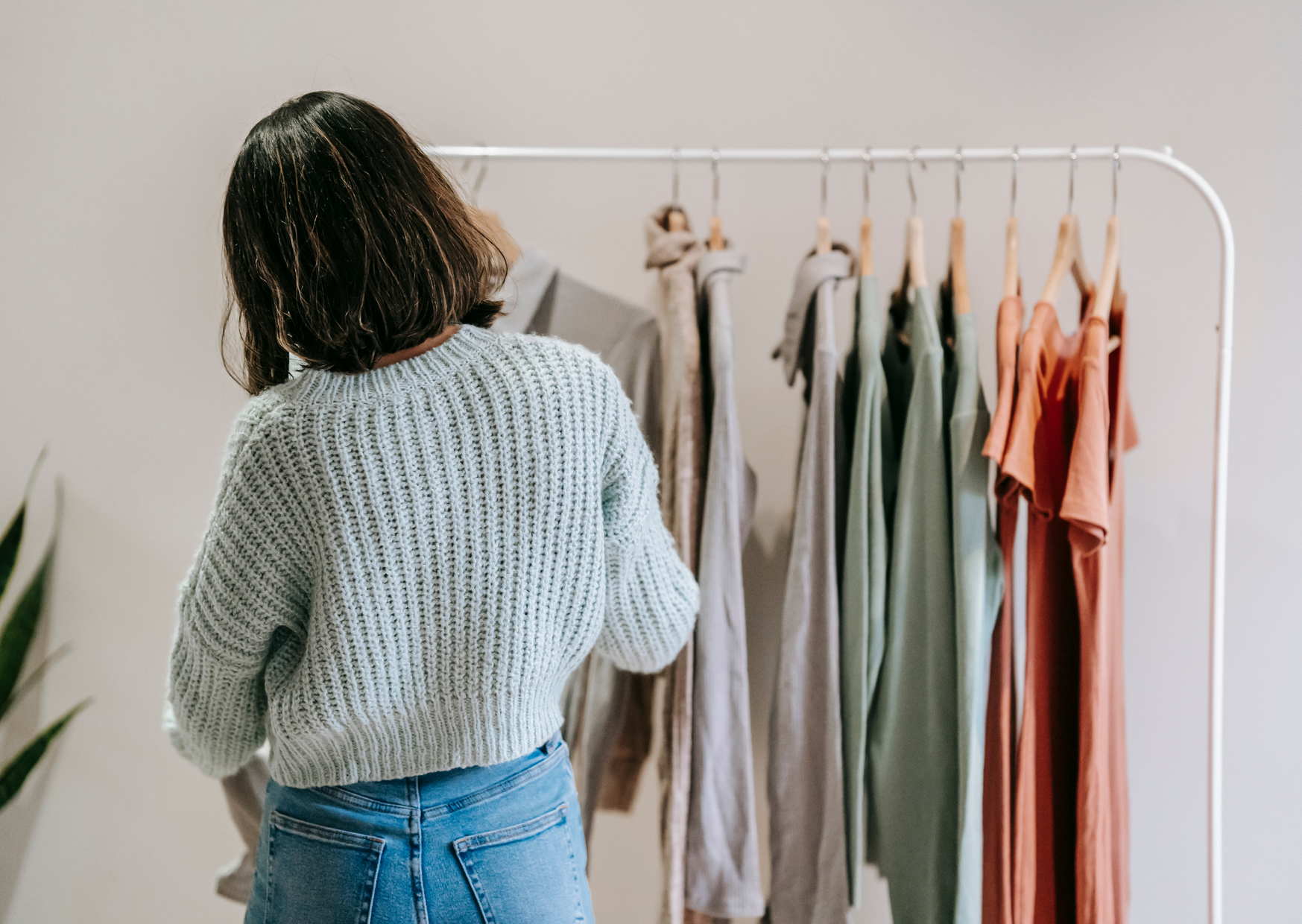
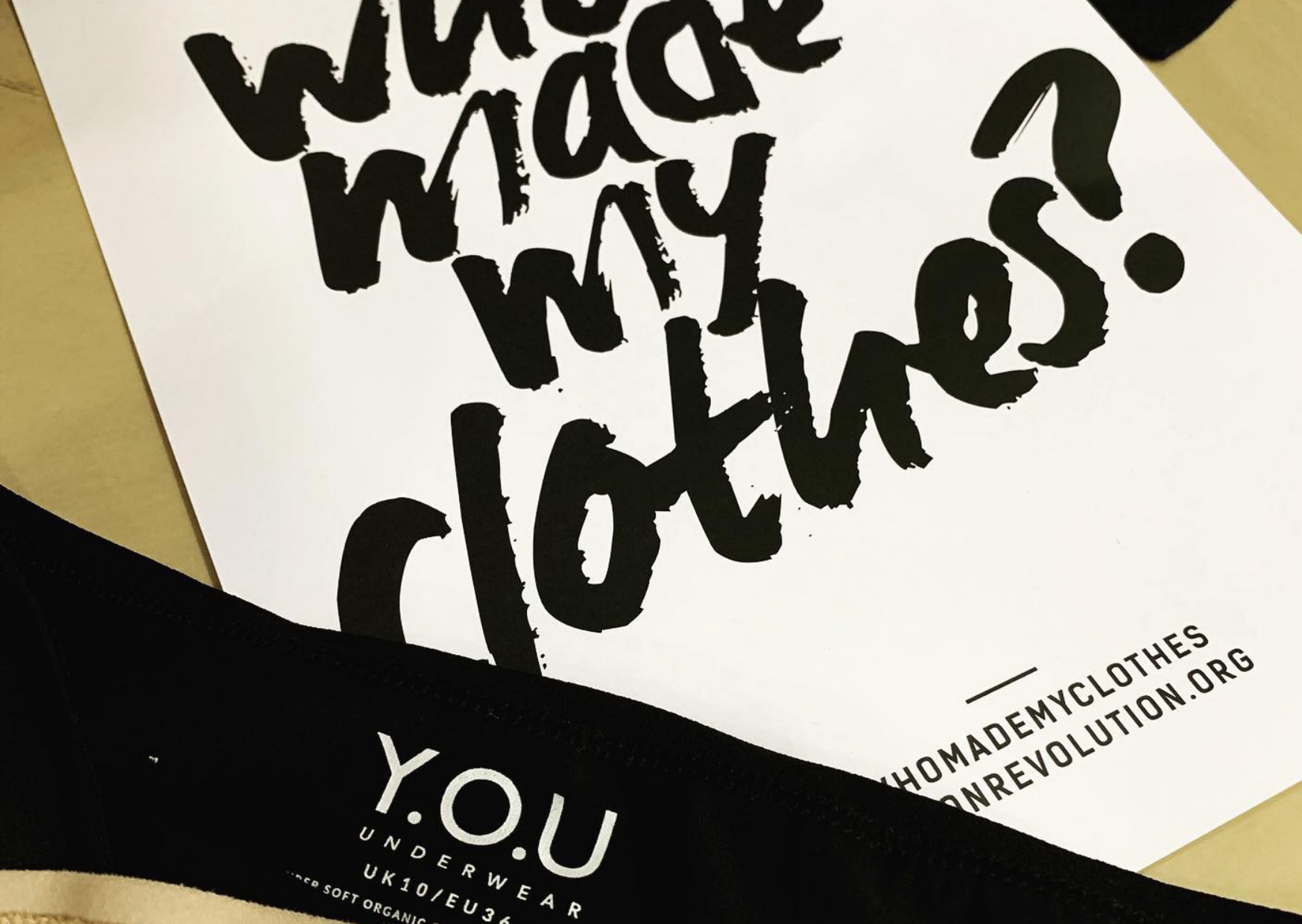
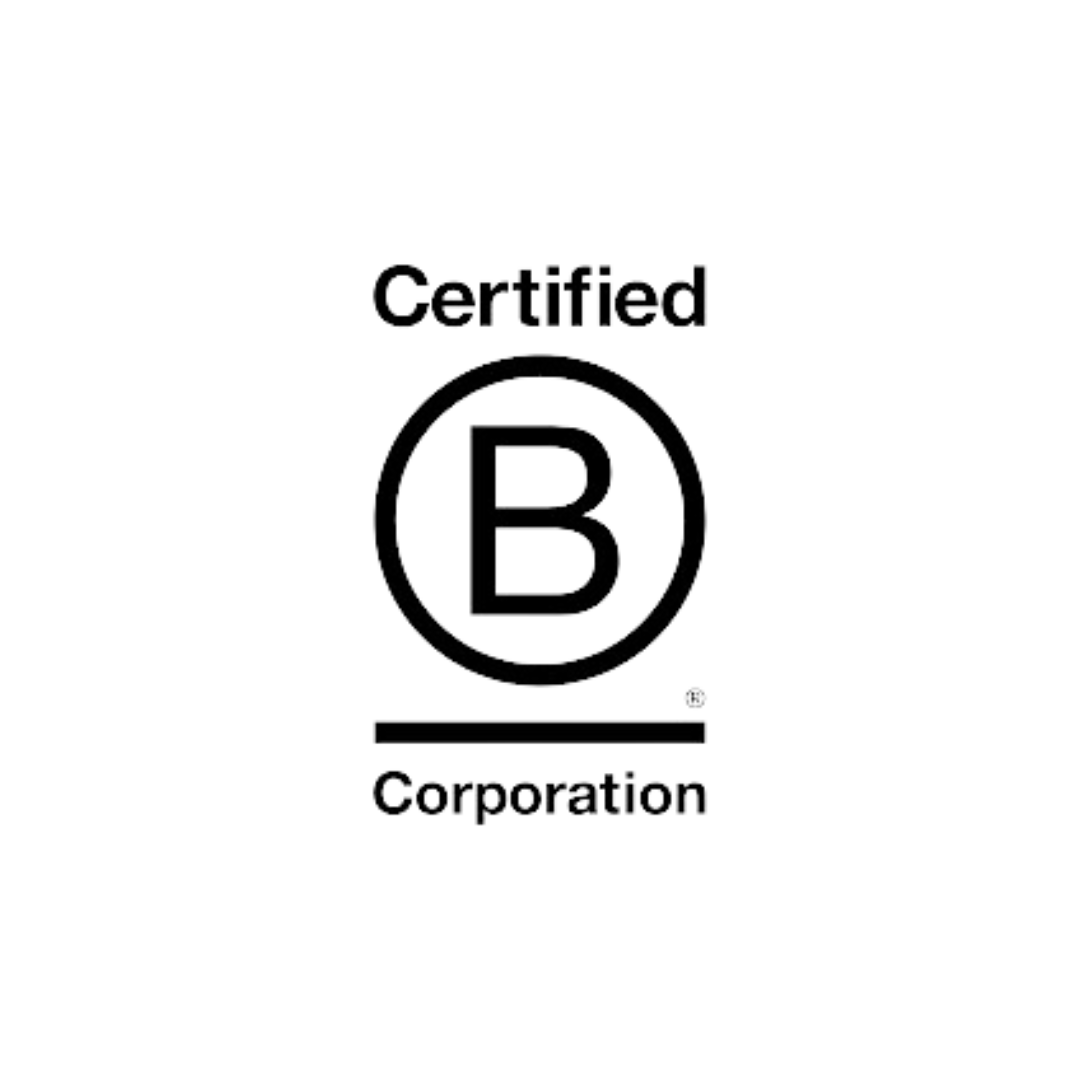
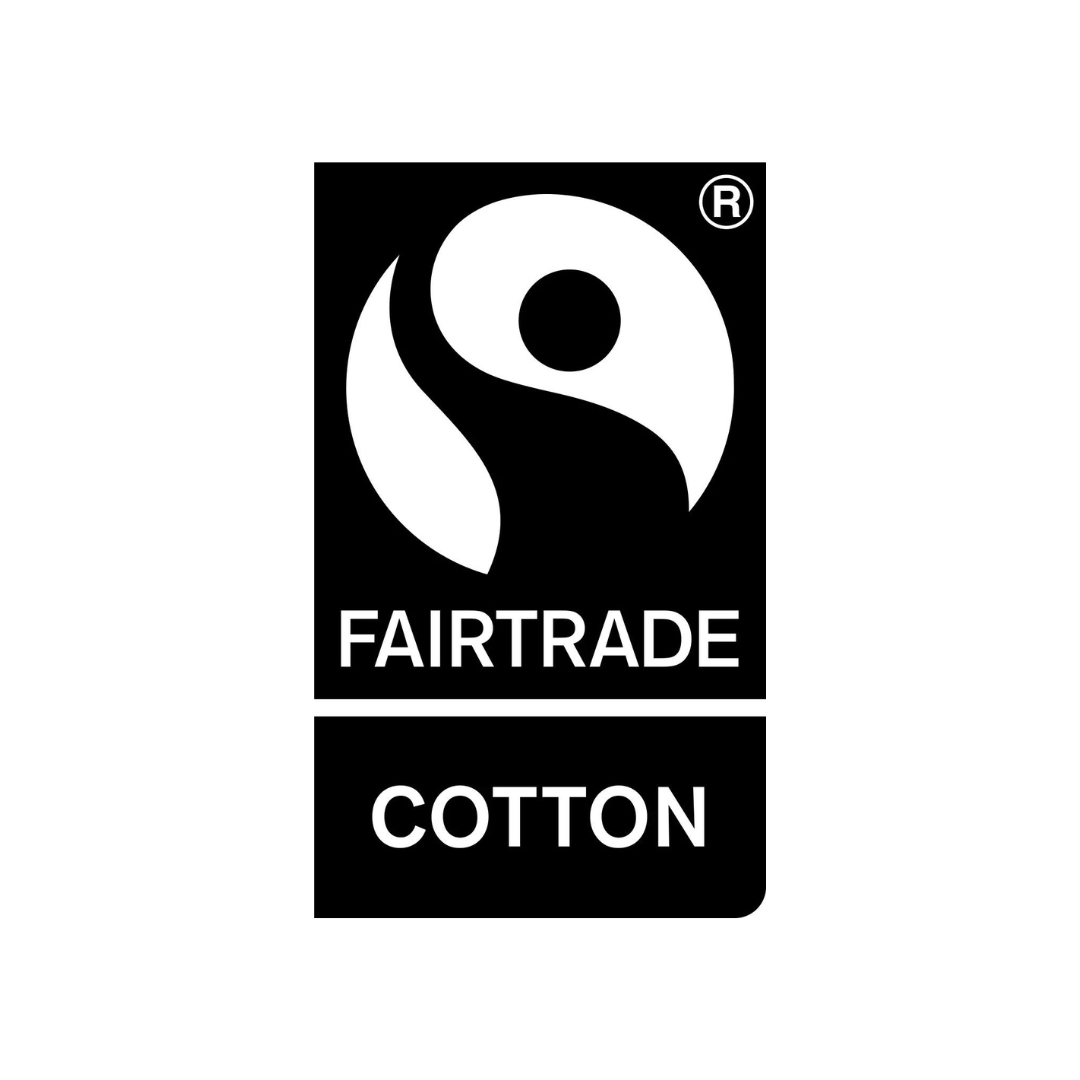
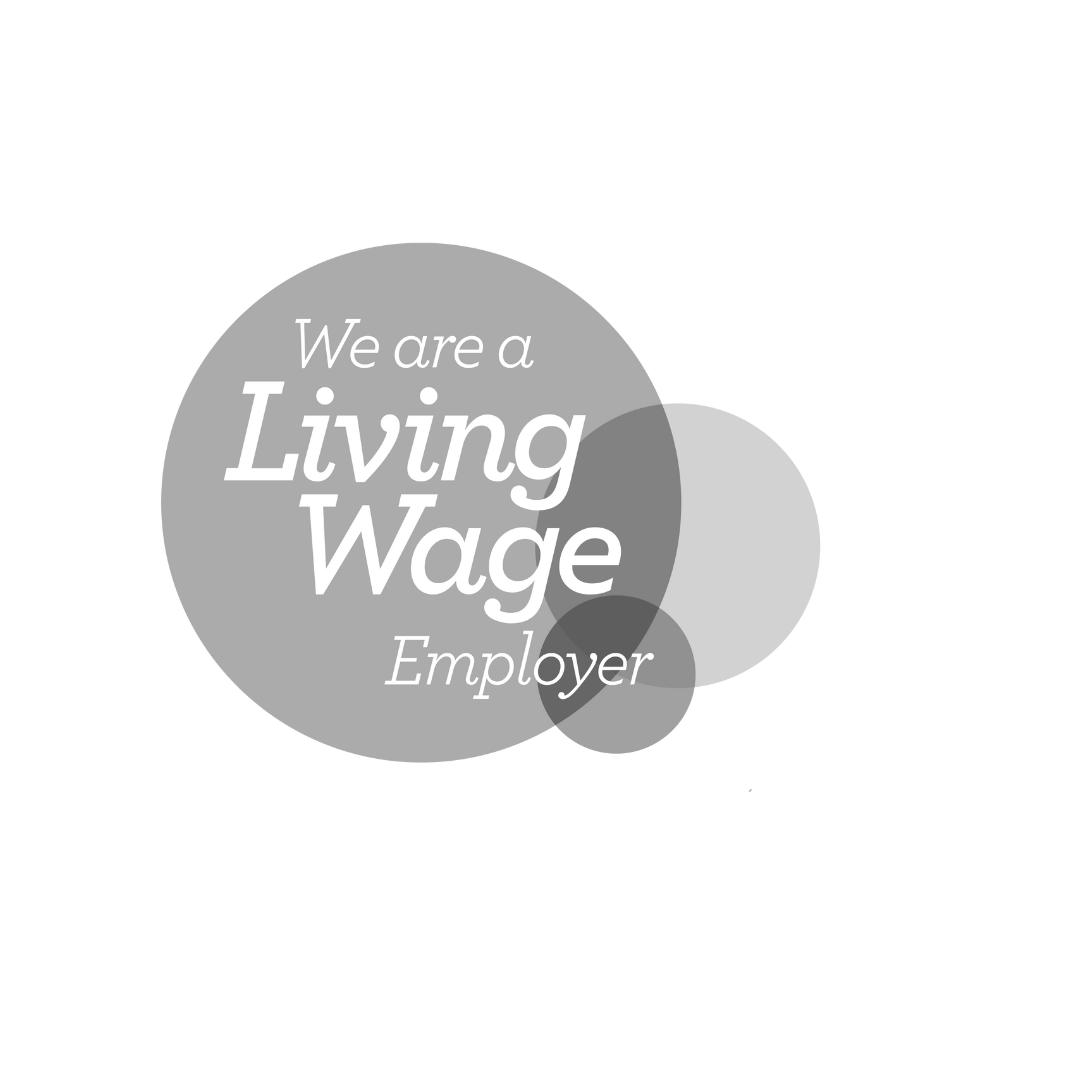


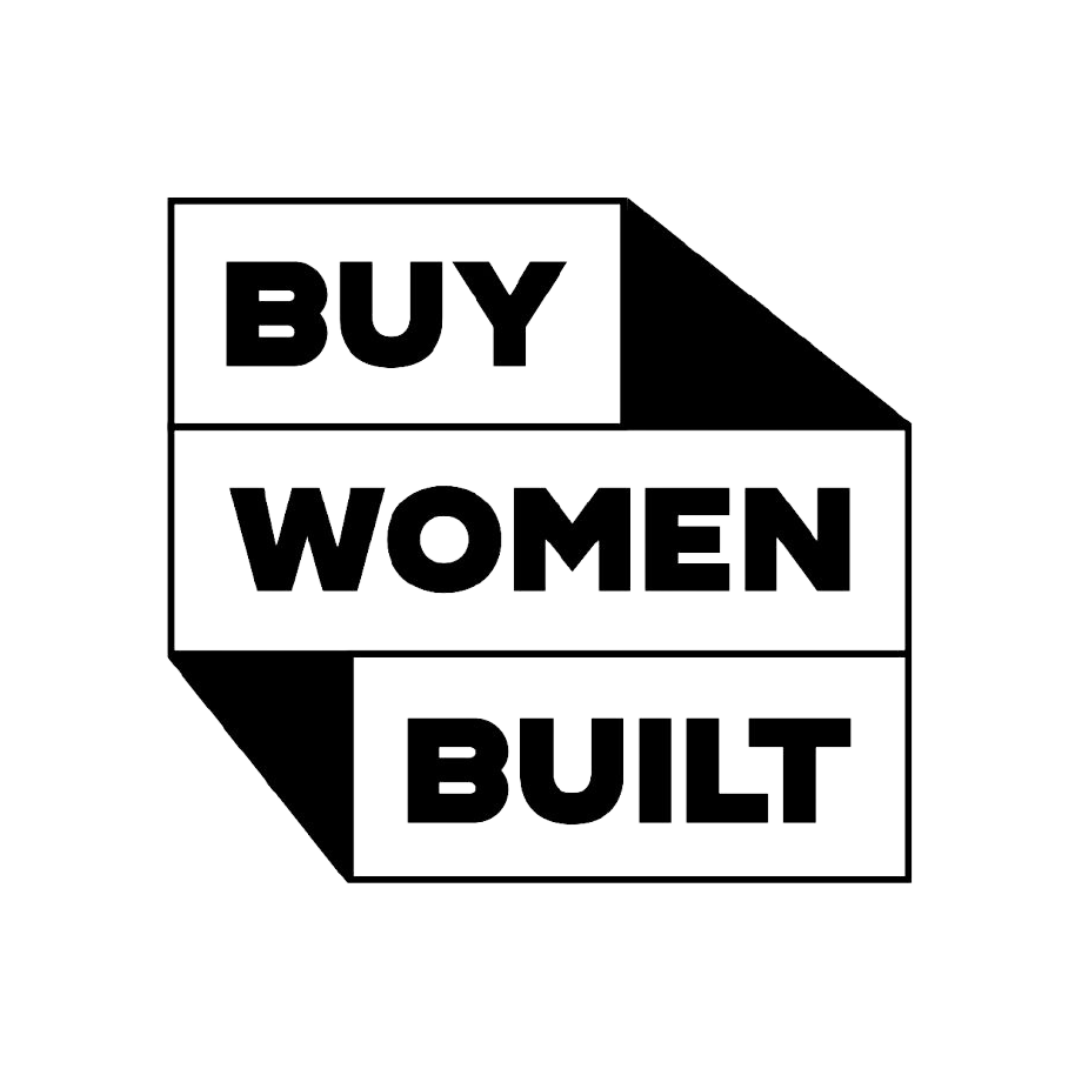
Leave a comment
This site is protected by hCaptcha and the hCaptcha Privacy Policy and Terms of Service apply.